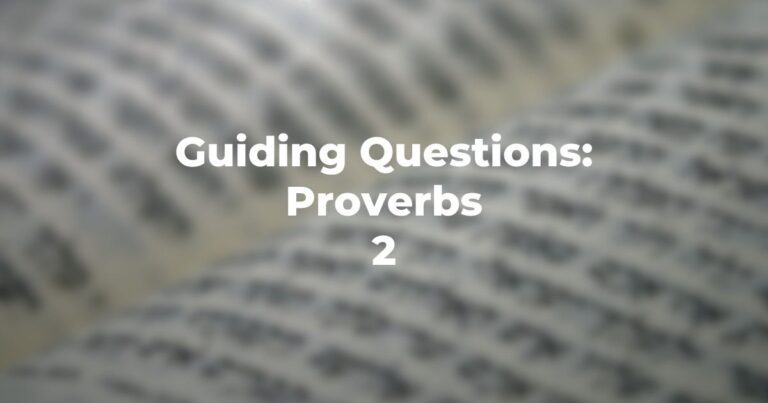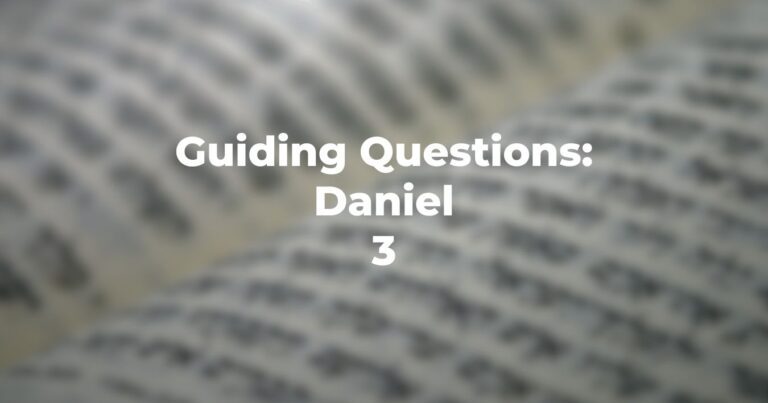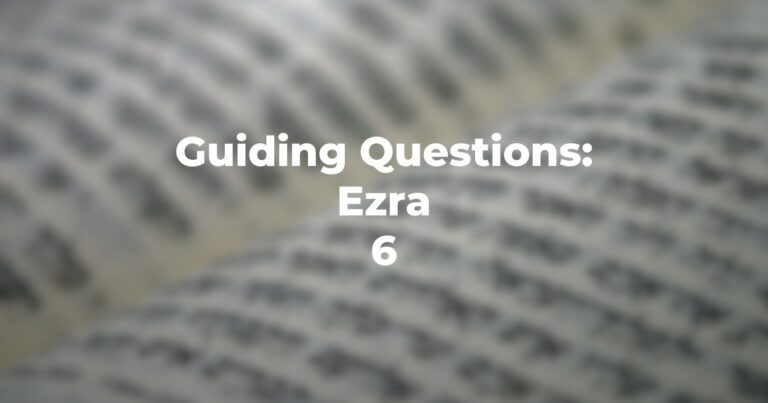- The book of Tehillim ends with five “Halleluyah” sections of which this is the first. When, according to Psalms 146:1-2, can one praise God?
- Should Psalms 146:4 be read as an end to potency by the dead or as an end to all existence with the end of material existence?
- In Psalms 146:6-7 what characteristics of God are emphasized?
- In Psalms 146:8-9 what constituencies, again, are of a special interest to God? And how would this relate to the concept of social justice?
- While listing certain attributes of the Divine, the Psalmist omits entire categories of other attributes, such as?
- Yet, while God is universal, in Psalms 146:10 what identification is particularly emphasized?
Author
-

Exploring Judaism is the digital home for Conservative/Masorti Judaism, embracing the beauty and complexity of Judaism, and our personal search for meaning, learning, and connecting. Our goal is to create content based on three core framing: Meaning-Making (Why?), Practical Living (How?), and Explainers (What?).
View all posts




